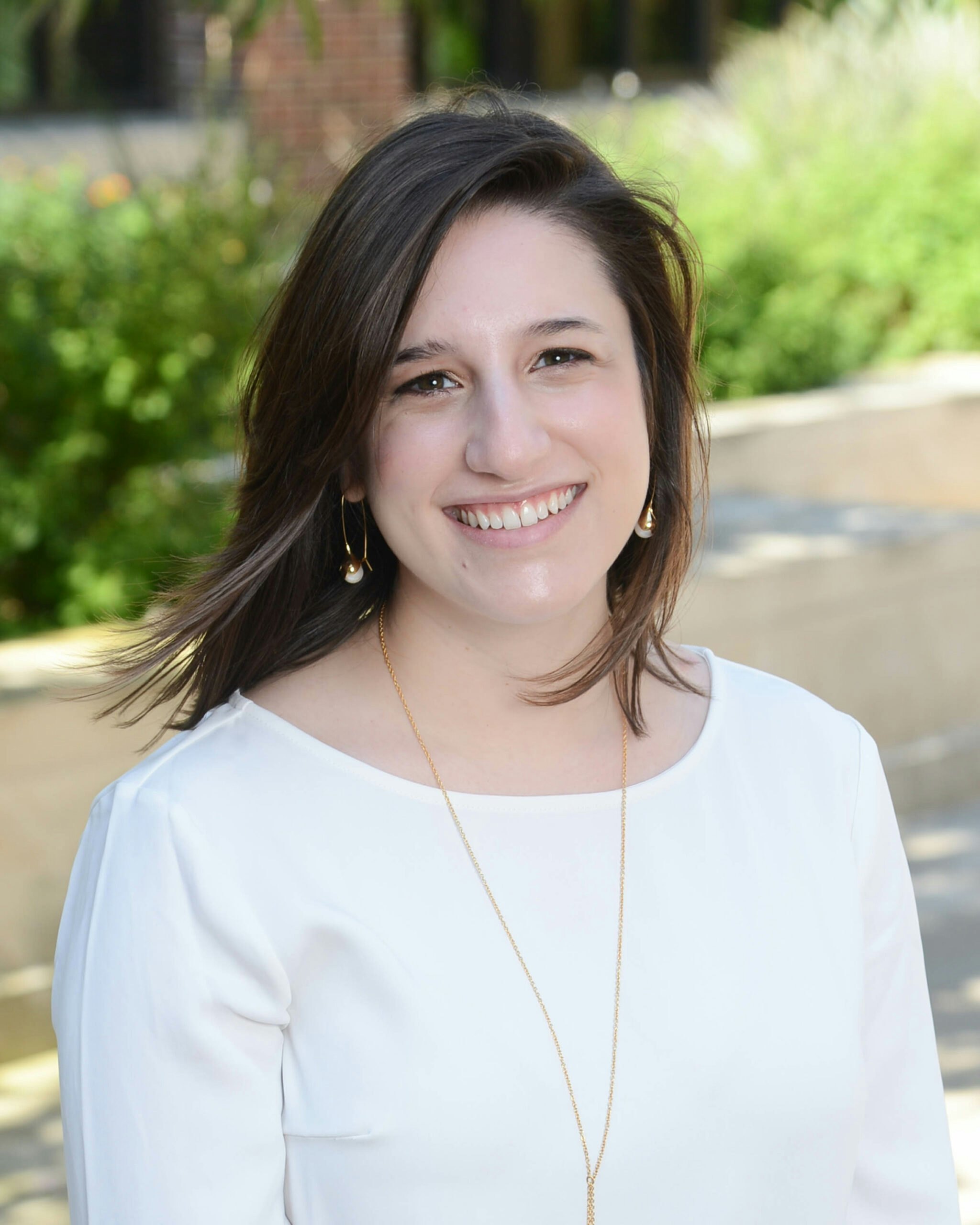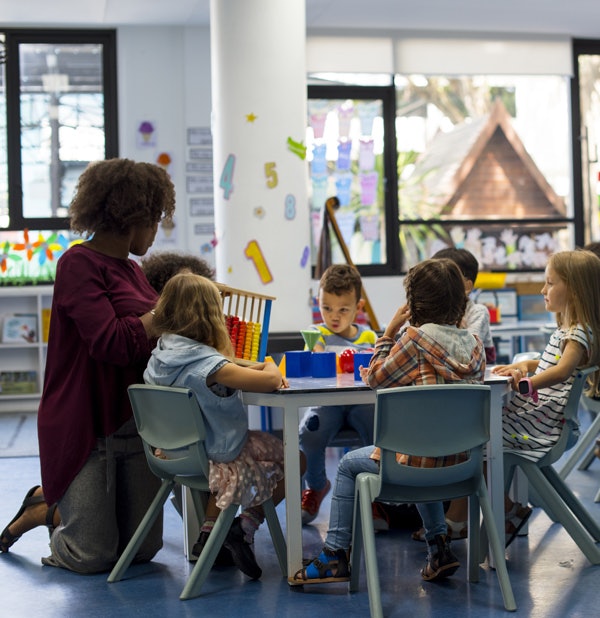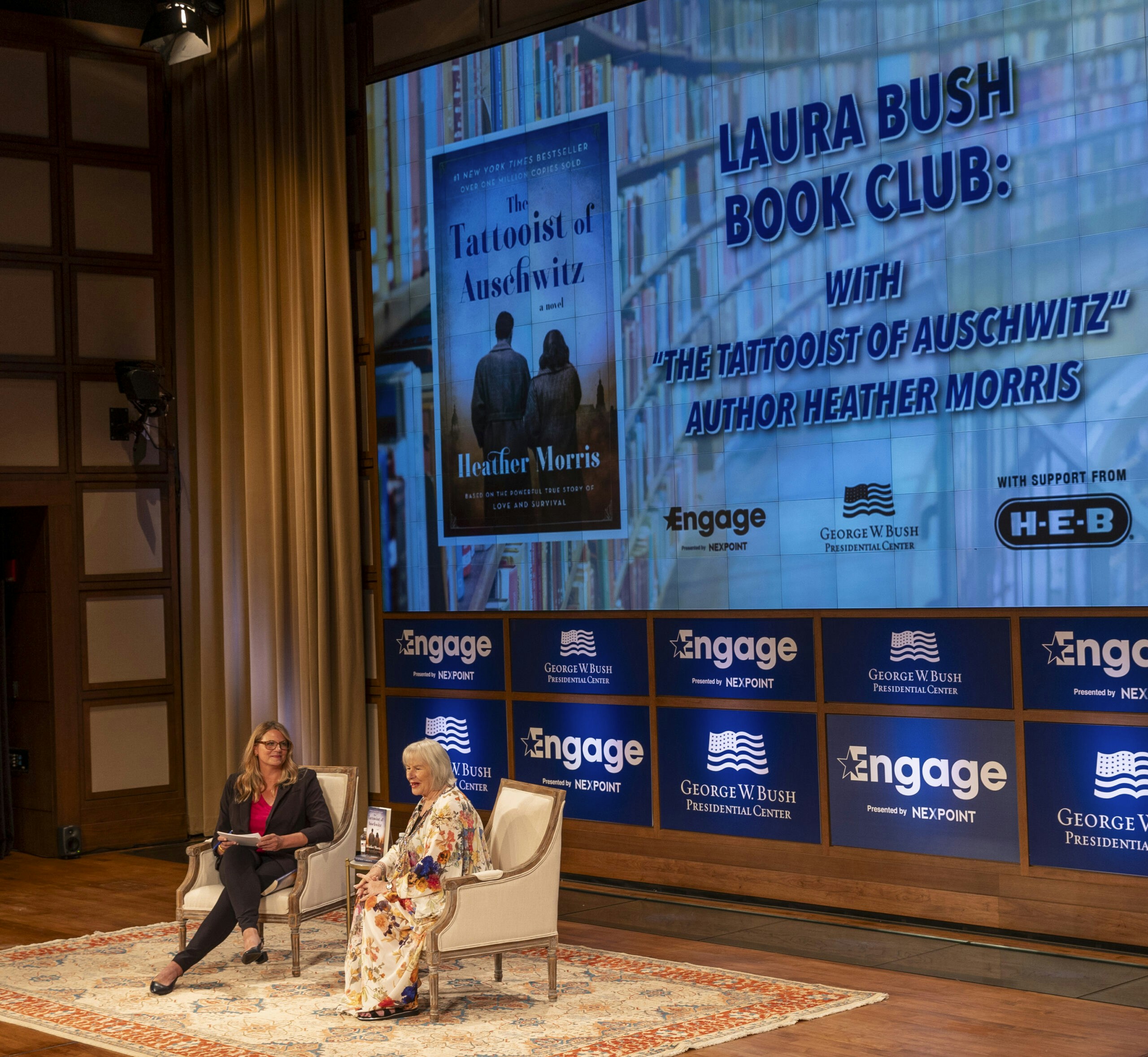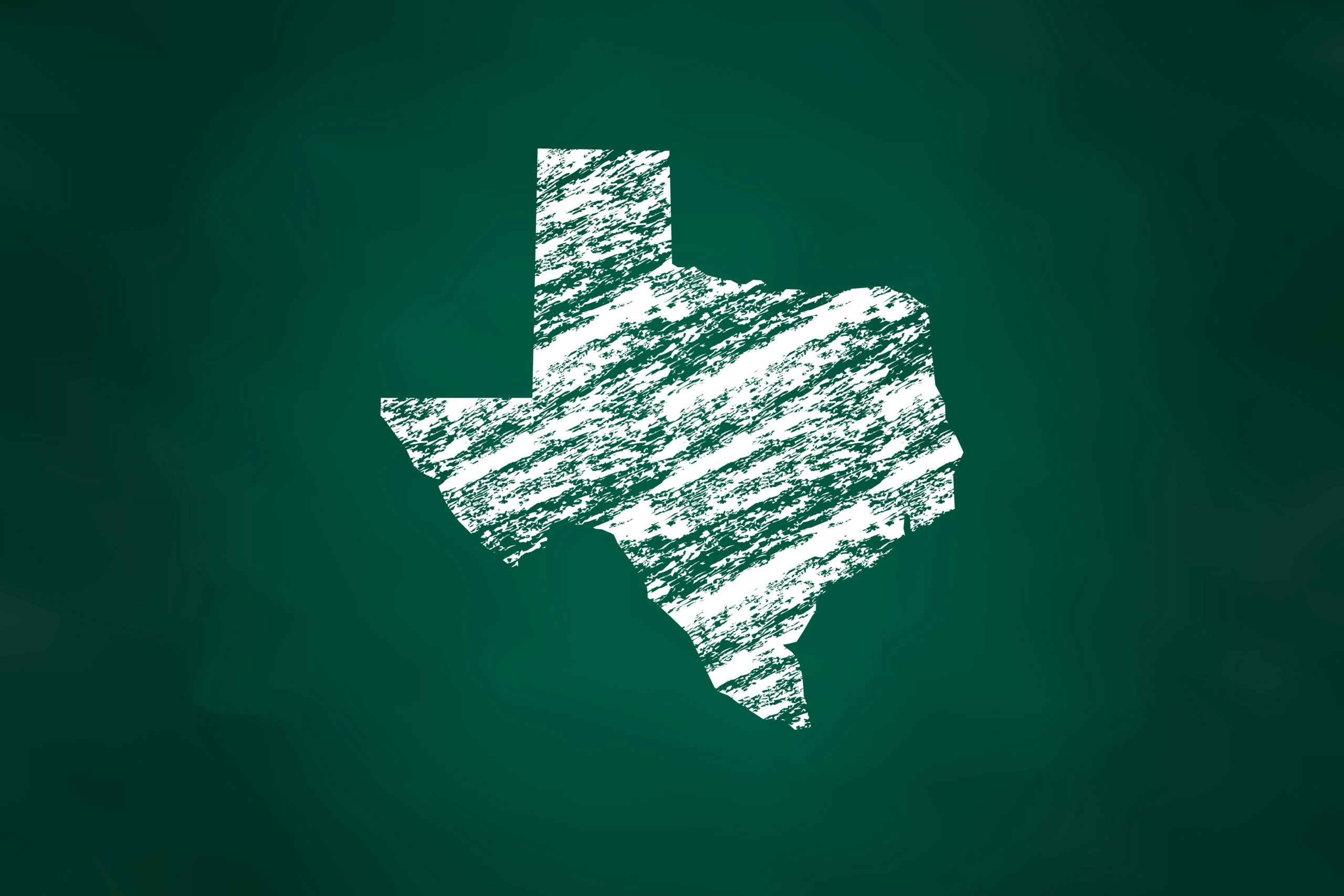In 2004, the former Goldman Sachs exec founded ARZU Studio Hope, an organization empowering women in Afghanistan by providing jobs, education, and healthcare.
In 2004, former Goldman Sachs executive Connie Duckworth founded ARZU Studio Hope, an organization empowering women in Afghanistan by providing them jobs, education, and healthcare. We chatted with Connie about her organization, the women of Afghanistan, and her remarkable 20-year business career.
-
- Learn how the George W. Bush Institute is investing in women and girls
-
- Read stories from remarkable Afghan women in We Are Afghan Women: Voices of Hope
-
- The Bush Institute WE Lead program equips women from the Middle East, North Africa, and Afghanistan with the skills to become more effective leaders
Read the episode transcript
Transcript
01:29 Andrew Kaufmann: Connie Duckworth is Chairman and CEO of ARZU Studio Hope, and is committed to empowering women in Afghanistan and here at home. She’s also on the Women’s Initiative Policy Advisory Council at the Bush Institute. Connie, thank you so much for joining us on The Strategerist.
01:42 Connie Duckworth: Thank you. It’s a pleasure to be here.
01:44 AK: We’re also joined today by the director of the Women’s Initiative at the Bush Institute, Natalie Gonnella-Platts. Natalie, thank you.
01:51 Natalie Gonnella-Platts: Thanks for letting me tag along. [chuckle]
01:53 AK: Not tag along at all, you’re the expert, actually. Connie, in 2004, you founded ARZU Studio Hope. Tell us how and why you started it.
02:02 CD: Well, I can honestly say I never thought I would be trafficking in Afghanistan for now almost 15 years, but shortly after retiring from my business career at the end of 2001, I had the great misfortune and sadness to be in New York for 9/11, and to witness that. I live in Chicago, and I decided that it was time to change direction and do something different with my future, so I retired, and shortly after, I got a call from a State Department professional who asked me to join the US Afghan Women’s Council, which was a presidential initiative of President Bush, to help Afghan women have a seat at the table in new Afghanistan. And that’s what took me to Afghanistan, the first time.
02:57 AK: And so how did that turn into what is becoming your life’s work, in a lot of ways?
03:03 CD: I had the privilege, really, of going to Afghanistan with a delegation of folks from the State Department, the White House, and then a handful of civilians like me; I was the early and first business representative. We flew in on a military plane into Kabul, Afghanistan. It looked like Berlin, how I imagine that would look like after World War II. This was January of 2003. And we spent time on the ground there, meeting with everybody from the president to literally women sheltering with their children in rubble. And I came back on the plane and said, “Okay, I’m the business representative, what can I do that might help women in Afghanistan?” So I thought to myself, all right, I’m gonna figure out a way to employ them. And that was the starting point for what has turned into this sort of crazy adventure that has taught me so much about not just Afghanistan, but also other people in the world.
04:17 AK: So tell us about ARZU, and how this is helping women in Afghanistan.
04:22 CD: Well, I first was trying to think about how to employ women, so I thought, “Oh, garment factories, that might be a good approach.” So I called a few CEOs I know in the clothing business, and I said, “Would you consider putting a small cut and sew factory in Kabul, Afghanistan?” And they were like, “Afghanistan? Isn’t that… There’s a war going on there? Do they have electricity?” And I was like, “Well, yeah, and not really, they don’t really have electricity.” So I rapidly retreated, and did some research, and came to the conclusion that the single largest employer of women, were women weavers, carpet weavers, which had been a traditional skill for generations. So I decided to go in the rug business. And I knew nothing about rugs, I knew nothing about Afghanistan, and I knew nothing about international development practices. But through starting ARZU, which means hope in Dari, I have learned a little bit about all of those things.
05:33 NG: And as you know, here at the Bush Institute, we’re committed not only to women in Afghanistan, but also in the Middle East and North Africa. And actually we have 19 women scholars here that we’re working with over a six-month period with our We Lead program to empower them to be effective leaders, and particularly leaders as it relates to economic opportunity for all in their countries. Why do you think it’s so important to invest in women in this way, in Afghanistan, in our own nation, and even globally?
06:00 CD: That is a great question, because I am of the belief, and I have sort of a personal motto, that she who writes the check controls the agenda. And what I mean by that is when women are empowered to earn a living, and that’s whether it’s in downtown Dallas or Kabul, Afghanistan, it doesn’t matter, they become better citizens, they become better parents, and they become empowered, better people. I have come to see first-hand the dignity of work, and the change in self-esteem that that will drive. So women are half the human capital in the world, and when they’re underutilized, we all suffer.
06:49 NG: And we know, too, that when women hold an equal and active role in society and are able to earn an income, they reinvest a significant portion of their earnings back into their family, somewhere of upwards 90% in developing settings. And I think that’s a data point that people overlook because yes, women reinvest into their families in different ways, but I don’t think people realize how significant it is. And at the Bush Institute we like data, so those data points are important in tandem with the incredible stories that ARZU and so many others who’ve taken a business approach to development and to empowerment have exuded and demonstrated, that these activities work and they work really, really well.
07:33 CD: It’s so true, and I’ve seen this first-hand in action, because we started with a premise that to really empower women, first came a job so they could earn a living and feed their families, but simultaneously we required the families to allow the women to join in ARZU’s literacy classes. So where we started with 100% of the women, and we work with rural women in very small villages in the middle of nowhere Afghanistan, so that’s a very specific population that has really been underserved forever. These women, in just a 10-year time period… We also like data, and we had some graduate students from Oxford do some research and surveys for us. Our women went from being 100% illiterate to 100% literate, in a country where there’s still an extremely high women’s illiteracy rate.
08:39 CD: The third leg of the stool was to try to provide some basic access to maternal care, because when a woman has many children and her health suffers, the whole family… Or heaven forbid should she pass away, the whole family, including her children, suffer. So this is a country that had one of the highest maternal death rates in the world, and since we started what we call our maternal initiative, which I’ll tell you a little bit about, ’cause we’re not doctors and we’re not nurses, what we… We are kind of like a deliver… We’re kind of like the post office. We pick ’em up, we physically deliver ’em to the hospital or clinic, and then we take ’em back for pre and post-natal care, and we track the babies, that’s what we do. We don’t actually deliver any babies, but since we started this intervention, we have not lost a single mother or baby in childbirth, and that’s been in over 10 years.
09:37 NG: Just incredible testament to the value of holistic interventions. You don’t just treat one issue, but you really look at what mobilizes and moves a community forward.
09:48 CD: Well, and that’s really it, it’s gotta be a holistic approach, because I think too often we think… We want quick results, especially Americans are always interested in quick results. Well, you have to look at problems of real, intractable poverty, whether it’s here or anywhere else around the world, and you have to say, what contributes to this? And create an ecosystem where they can have a little better health, which means they’re better parents, they can earn an income, which means they can provide for their families. And then also give them the tools with which… An education with which they can better themselves and broaden their own knowledge, that makes them better citizens.
10:33 CD: And I will tell you kind of an interesting story, interesting to us. When this survey was done, one of the key themes that came out was leadership, women’s leadership, because our researchers interviewed the men in the family, the leaders, the village leaders, who are men, and then women not in the ARZU program. And what we heard repeatedly was that these women, these ARZU weavers, they think like men. Now, that’s a compliment.
[chuckle]
11:09 CD: And they are leaders in the village now. They help other women try to actualize their own lives, and to me that is just an astonishing outcome, that we did not expect.
11:25 AK: I love hearing about these outcomes. Can you paint a little bit of a picture of life in Afghanistan for women, and how this program at a large scale has helped move that needle?
11:38 CD: Women in Afghanistan still lead a very difficult life. The average woman in Afghanistan will have eight children. Each pregnancy, especially in the rural areas, is a potentially life-threatening event. As I said, they’re largely illiterate. They’re very limited in the expectations that their families have in terms of what they can achieve in their lives. And I think one of the happiest outcomes that we had, when we interviewed the fathers and the husbands of our weavers, they almost universally said, and this is in a 10-year time frame, this is not even a whole generation. They said, “My wife is better educated than me, she makes more money than I do, she is a leader in the household.”
12:31 CD: And what was really neat, was that when we ask about their daughters, one of our requirements is that if the family wants to weave for ARZU, they have to keep the kids in school. Almost universally the fathers would say, “I would like my daughter to become a teacher or a doctor. I used to think all she could do and the best I could do for her was to find her a marriage.” ‘Cause a lot of it’s arranged marriages. Now, not every girl is gonna become a teacher or a doctor, but the fact that their fathers now see that potential in them, to me was just the most amazing result that we had.
13:15 AK: It kind of harkens back to what you said in a talk that you did for, I think, TEDX Berkeley, where you said, “Hope can thrive in the world’s worst places.” And it’s interesting to hear your perspective of that, because I think a lot of people would have been scared to go into Afghanistan. Were you scared all when you started thinking about this program, did you say to yourself, “I’m going to Afghanistan, this is terrifying”?
[chuckle]
13:39 CD: I don’t honestly think I knew enough about Afghanistan to be scared, and sometimes when I look back and think how little I knew, and how I sort of just jumped in with both feet, I think to myself, I must have had a screw loose because… [chuckle] But sometimes what you don’t know is a good thing.
14:00 AK: Let’s talk a little bit about how you got to be that person that wasn’t afraid to go into Afghanistan and improve women’s lives. As a child you were Army brat, is that right?
14:10 CD: That’s right.
14:10 AK: How did that prepare you for the business world and then your life with ARZU?
14:16 CD: It’s interesting, because when you’re a kid, you never really think about how the school you go to, or the neighborhood you live in, or how often you move is going to impact you. But when I think back now as an adult, I went to six different elementary schools, and sometimes they were with the same kids, there’d be a subset of kids that would also go to the new school. But I always had to meet new people, and so moving was an adventure. It meant you got a new house, you made new friends, you got a new school. And I really think now that that prepared me in a couple of important ways for a business career. It first of all, I think, made me willing to take a little risk, and knowing that if I wanted to make friends, I had to go out there and talk to people, and meet people, and see how I could be part of what their community was about. And so I think in many ways that kind of set me up to be confident and to be willing to try new things.
15:22 NG: There’s a sense of empathy there as well, and I can see how that so boldly translates into the adventurous nature of your spirit in your adult life. And here at the Bush Institute we talk a lot about the fact that what happens around the world matters to us here at home. And so do you see that experience also translating into what you do now with ARZU?
15:47 CD: I do, and I think empathy… You really hit on it, Natalie, ’cause I think empathy is a critical factor to any kind of volunteer work, or any kind of outreach that any of us do, because I think so often when we hear about programs, aid programs, that are not successful, oftentimes they’re decided at at a central location, top down. And so we here in the United States or a group of people somewhere else decide what’s right for other people. And with ARZU, not knowing about Afghanistan, really flip that and made a decision early on that we were only going to hire Afghans to work for us. Now, that one decision probably slowed us down, but was probably our greatest asset as the years went on, because we are viewed in Afghanistan as a local organization. We do not make any policy decisions or program decisions at the macro level here. We come up with ideas, we bubble it up through our staffs there, and they tell us whether it will be successful or not. And that’s why I think we’ve had, on a very limited budget, we’ve made real progress at a grass roots level, which to me, if you’re gonna drive change, it has to be at the grassroots level. And I think it’s our understanding that this isn’t about us, it’s about them. And so involving the Afghans in their decisions or others in any organization you’re trying to help, the beneficiaries are the people that know best what their needs are.
17:36 AK: Was that approach driven by any particular point in your career, your life up to that point, that approach of being able to give up a certain amount of control that a lot of people would instinctively try to hold onto?
17:49 CD: Well, one of the things I did learn in my business career is that some things are just outside of your control. And you also have to co-opt other people into whatever effort you’re undertaking. In business you have a team that you have to build. You may be the leader of that team, but they’re gonna be doing the work, and they’re gonna be making the progress. You have clients, you have others in multiple constituencies, all who wanna have a say in what goes on. And I think, from a leadership standpoint, what I’ve certainly seen over my career in business is that the old command and control style of business leadership just almost doesn’t exist anymore. Every effort needs to be collaborative and to bring expertise from different people together, so that you can have a work product that really is a successful one.
18:43 AK: And digging more into that into the business side of your life. During your time at Goldman Sachs, you became a woman of many firsts, what advice do you have for other women?
18:52 CD: Well, I absolutely loved my business career, I feel like I grew up at Goldman Sachs, and I had many wonderful opportunities there. But thinking back about it now, it’s a little like going to Afghanistan in a way, because I didn’t quite know what I was getting into. But I joined the bond department in 1981, and there were not that many women, I certainly never had a woman boss or mentor. And trading floors are always viewed as rough and tumble, and I see myself as like a perfectly normal human being. I’m the mother of four children, and yet, I could go get my ya yas out during the day and then come home and pick up my needle point, or take my daughter to dance lessons or whatever it might be. So I think it was a little bit of that risk taking we talked about earlier, willing to try perhaps unusual environment for women at the time. Now, one of the things that’s very true today, not just in investment banking or trading, but also all across business in America. Those were the old days, and that’s ancient history. Girls and women who are seeking a career today, I think business is absolutely a wonderful place for them to start their career.
20:19 CD: Private sector work helps you learn a tool kit that is transferable to so many other venues. And I believe that I probably wouldn’t have been able to think about creating, in effect, a startup in a place like Afghanistan, had I not learned a business tool kit and could apply those business principles to it.
20:45 AK: It’s a compelling story that hopefully people that hear this can say, “Oh I can take a risk, I can go out and do something that I think is gonna make a difference.” On a totally different topic, what’s the one thing that no one asks you that you wish they did?
21:00 CD: Well, that’s an interesting question, because as I said, I’m the mother of four children, and I had four children within six years. I had them all while I was a partner, a new partner at Goldman Sachs, so that was an interesting set of circumstances.
21:15 AK: Must be a busy time.
21:16 CD: It was a busy time. But I have to say, I learned a great deal from being a mother, and having my children, they taught me a great deal. For one thing, I became a better manager of people. It’s that empathy, Natalie, you were talking about, when you have to convince a two-year-old that laying on the floor screaming in a grocery store is probably not the best behavior. And I don’t wanna say I ever had anybody doing that actually at the office, but sometimes you wondered. But I think I became a more empathetic person. I became a better manager of time. I became a better prioritizer of tasks and activities. Because you have to… The dust bunnies, you know what? They lay there on the floor, because you have other fish to fry, when you have limited hours in the day. So I think it really helped me become a better leader in the business world.
22:21 AK: And what should we as a nation be talking about that we’re not talking about?
22:26 CD: I think that, on an individual level, we really do need to focus on all of the great things that are happening around the country and what can unite us. And I think on a personal level, I often get asked; What could I personally do to help? You think about all the laundry list of problems and all of the angst and all of the issues that are dividing people. I believe that the biggest step anybody can take is just to take that first step, just do something, and how you define that something really depends on your own interest and passion. But it can be local, it could be global, it could be public sector, private sector, non-profit sector, it just doesn’t matter. But if each of us would just pick up our feet and go do the one thing that we were capable of doing, that was within our grasp, we would really have just a tsunami of change that would sweep across the country. There are so many issues, again, right in your own backyard, or half a world away, and it doesn’t matter what you do, just do something.
23:44 NG: And the opportunity for understanding and community that exists with that as well. I mean, I’m sure there are people in your life and your experience with ARZU, at Goldman Sachs, that you perhaps never thought you would come across, but that have been so important to your life, your success and reaching out and taking that step forward. It really creates new relationships that are so important to community thriving or country thriving, and sort of in that vein is there anyone that inspired you in your journey as a very formidable leader yourself?
24:20 CD: I am inspired by other people all the time. And I have to say, on a sort of daily basis, I’m so inspired by the women in Afghanistan, because they really sometimes have nothing but very strong faith. And yet they get up every day and they make it through through that day, and when I see their eagerness to learn, to vote, to help a neighbor, all of the kinds of qualities that we aspire here, I certainly aspire to have and to assist my own communities. I just shake my head in wonder that they can extend themselves when they have such a difficult life themselves. But I wanna comment on your point about needing other people throughout these different activities that I’ve undertaken. This is really the sort of hidden benefit to me. I do believe you get more than you give. Now, what have I gotten out of any of these activities? I have had a world of new people open to me, not just in Afghanistan but here, I have met young people, I have met neighbors. I’ve met people in places that I would never have… Like here at the Bush Institute, that I would never have had the opportunity to know and to work with, had I not been doing what I was doing.
25:55 CD: And again, I think that that amazing network of people that you suddenly start to work with and meet, those communities that you build, I think are really the tremendous payback that I get in doing any kind of this work. And I also believe that if you’re a curious person, if you are a lifelong learner, that by just getting yourself out there, it’s amazing how much there is to learn, that you just didn’t have any idea about.
26:31 NG: What gives you hope for the future? To the points you made about some of the divides, that exist here, what inspires you to just keep moving forward? And perhaps, outside of this sphere of the work that you’re doing yourself, but maybe in other sectors or in other organizations that you have come to know, through the vast network that you’ve built?
26:55 CD: Well, I am very positive about the future, and I see that through the eyes of my own children. They’re all millennials. And on the one hand, you think, “Oh millennials, they don’t work that hard, they change jobs at a drop of a hat.” And so forth. All this traditional stereotypes about millennials.
27:15 AK: It’s got a bad rap.
27:15 NG: We appreciate, we appreciate this line you’re going down. [chuckle]
27:20 AK: But I will say that there is, I think, a pervasive and universal sense of responsibility of millennials to make the world a better place, and they’re deeply interested in social issues. They’re interested in community, and they’re willing to explore and reach out to other people. So I am optimistic, because maybe the older generations have gotten worn down and are just tired, but I really feel like this ground-swell of young people who have such aspirations and such a real hope for the world, that is our hope. So I’m ready to pass the baton.
[chuckle]
28:05 AK: Well, I think we’ve still got some more that we need out of you, before you can pass the baton just yet, let’s not get ahead of ourselves. But Connie, thank you so much for joining us today. For people listening, if they wanna learn more about ARZU Studio Hope where is the best place to get some more information?
28:20 CD: Oh, I love that question, thank you so much for asking that. They can go to our website, which is arzustudiohope.org, because we are a 501C3. And I’ll just give you a little snippet about… I said, ARZU means hope, but the real reason we picked it, it is also a common woman’s name in Afghanistan. And so to us, it just was the embodiment of the work that we were setting out to try to do.
28:49 AK: Well, perfect. Connie, again, thank you so much for taking the time to do this, that was incredibly inspirational, and we hope to have you back sometimes soon.
28:55 CD: Thank you so much.






























